So, is couscous gluten-free? The answer is no. Most couscous is not gluten-free because it is made from semolina, which is a type of flour made from durum wheat and contains gluten.
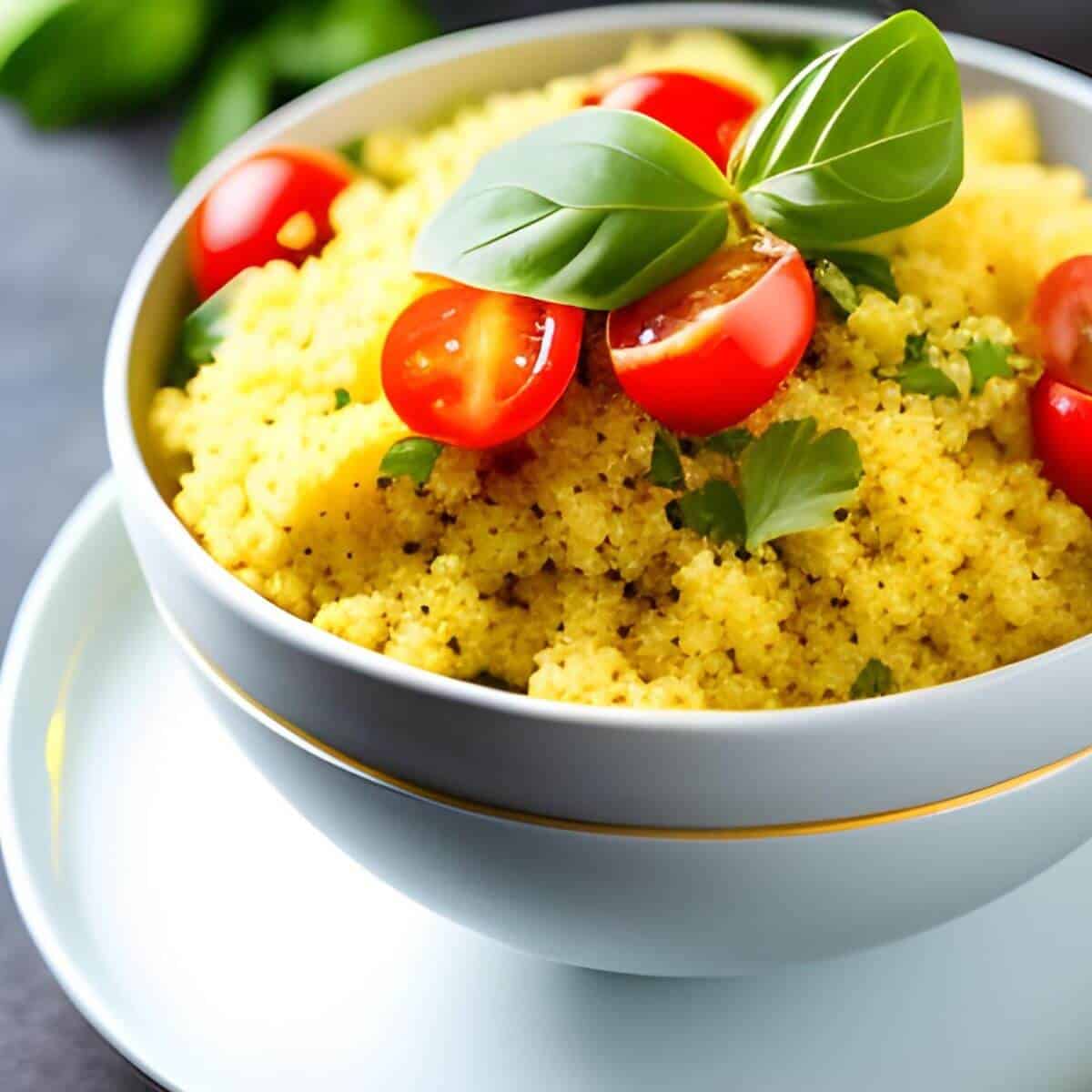
While couscous is often mistaken for a gluten-free ingredient, it is important to note that it is made from a gluten-containing grain.
However, there are some gluten-free couscous products available on the market, so it is possible to enjoy this food if you have celiac disease or gluten intolerance.
Additionally, there are several gluten-free grains that can be used as substitutes for couscous, such as quinoa, millet, and rice.
Key takeaways
- Couscous is traditionally made from wheat and contains gluten, making it unsuitable for those on a gluten-free diet.
- Some brands offer gluten-free couscous options, but it is important to read labels carefully.
- There are several gluten-free grains that can be used as substitutes for couscous, such as quinoa, millet, and rice.
Jump to:
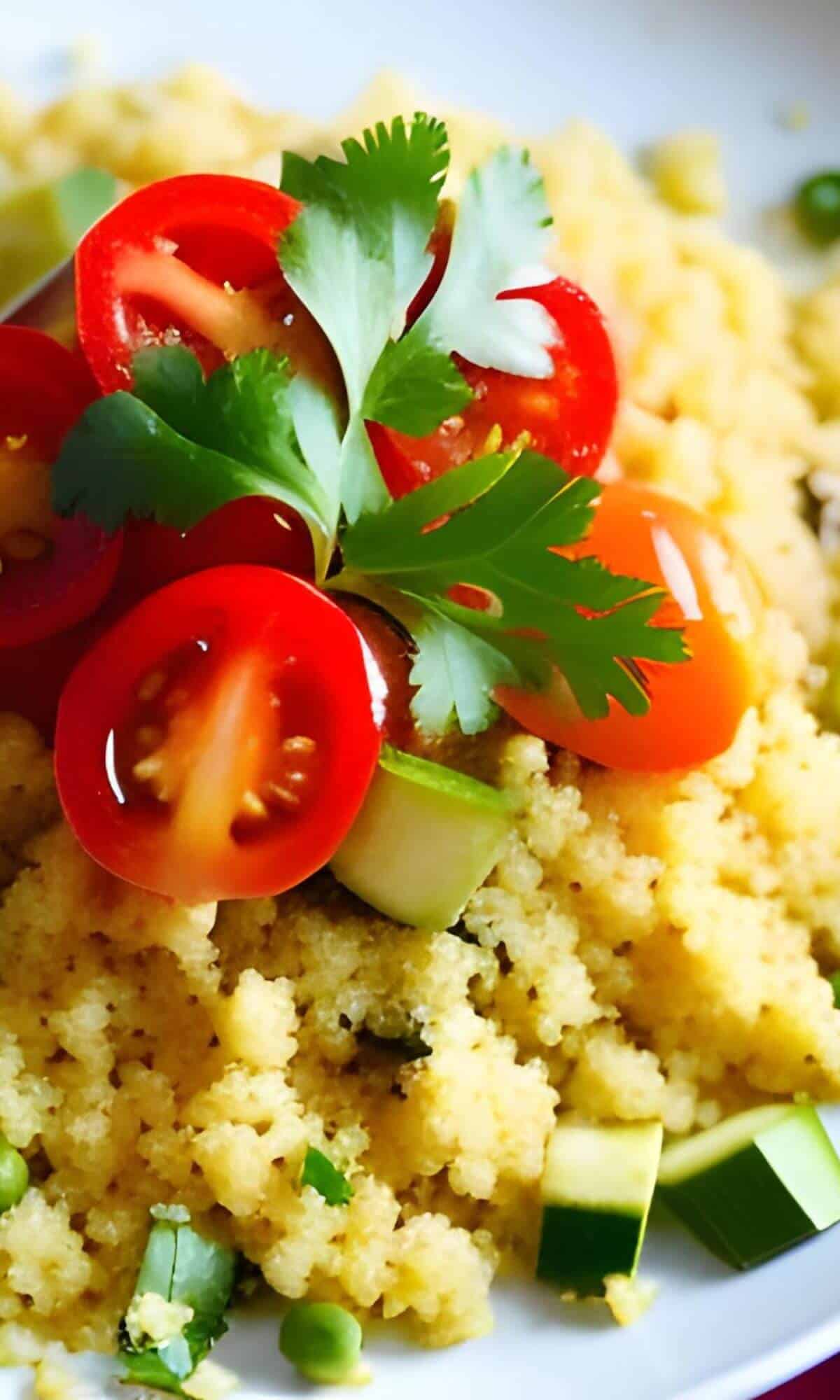
What is couscous?
Couscous is a traditional North African dish made from tiny pasta spheres. It is a staple food in many parts of Africa and the Middle East, and it is enjoyed worldwide. In recent years, it has become increasingly popular in the Western world as well.
Couscous is made from semolina, which is made from a type of wheat that contains gluten. It is typically served as a side dish or as a base for stews and salads. It is easy to prepare and can be cooked in just a few minutes.
What is gluten?
Gluten is a stretchy protein that is commonly found in certain types of grains. Typically grains that contain gluten include wheat, rye, and barley. It is what gives bread its chewy texture and helps it rise. Gluten is also used as a thickener in many processed foods, such as soups and sauces.
For people with gluten intolerance or celiac disease, consuming gluten can cause a range of symptoms, including bloating, abdominal pain, and diarrhea. In people with celiac disease, gluten can also damage the lining of the small intestine, leading to malabsorption of nutrients.
It's important to note that not everyone who experiences symptoms after consuming gluten has celiac disease. Some people may have non-celiac gluten sensitivity, which is a less severe form of gluten intolerance.
If you're following a gluten-free diet, it's important to be aware of which grains contain gluten. This includes wheat, rye, and barley, as well as any products made from these grains, such as pasta, bread, and cereal.
By avoiding gluten-containing grains and products, those with gluten sensitivity can manage their symptoms and maintain a healthy diet.
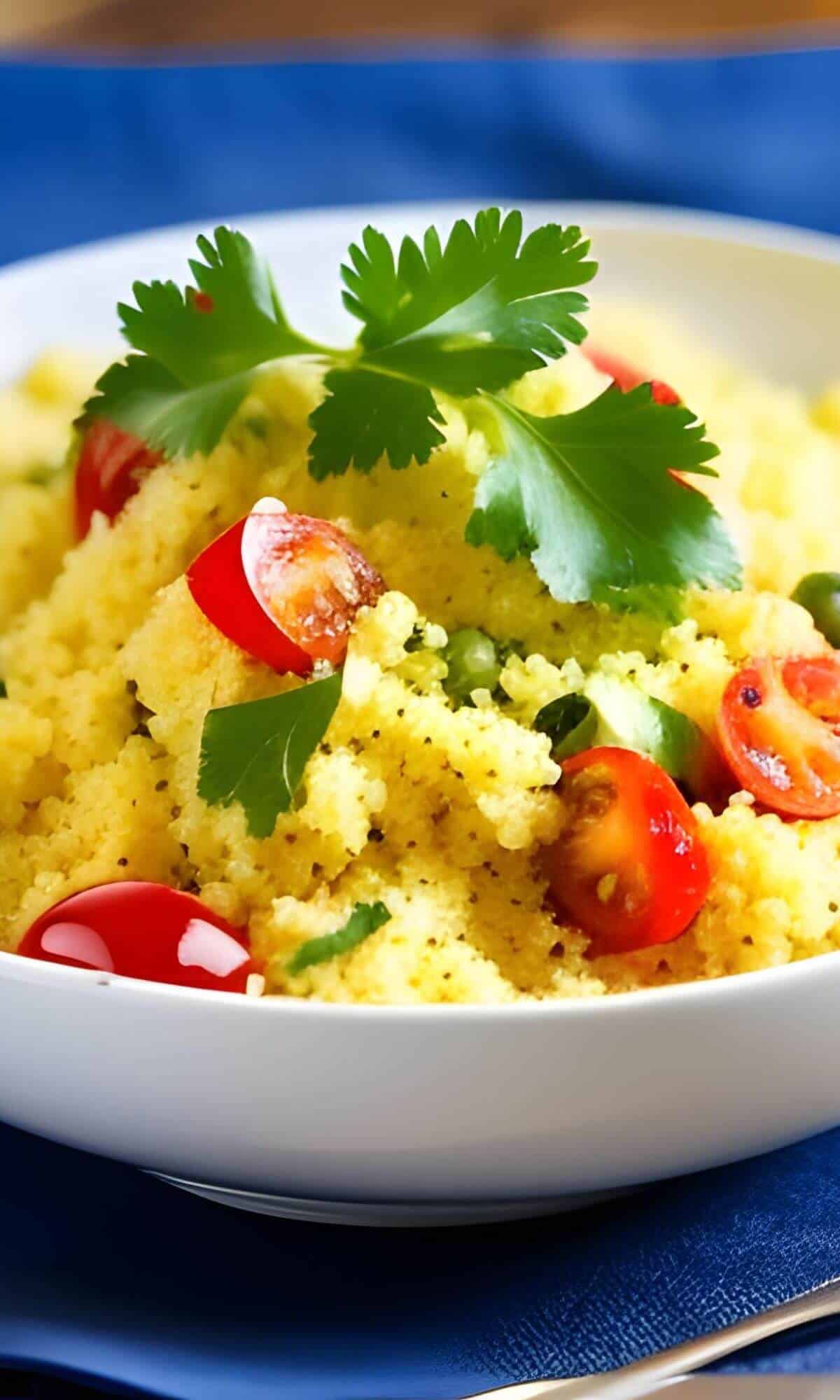
Is couscous gluten-free?
Being someone who knows a lot about gluten-free diets, I often get asked if couscous is safe to eat. The short answer is no, most couscous is not gluten-free.
Couscous is typically made from durum wheat semolina flour, which contains gluten. However, there are some gluten-free couscous products available on the market that those with gluten sensitivity or celiac disease can enjoy safely.
What about Israeli or pearl couscous?
Israeli couscous, also known as pearl couscous, is a larger, rounder version of regular couscous. It is usually made from wheat flour and is not gluten-free. However, there are some gluten-free Israeli couscous available to purchase, made from potato and tapioca starch.
Gluten-free couscous brands
When shopping for gluten-free couscous products, it's important to read the ingredient label carefully and look for certified gluten-free options.
While couscous is not a good option for those with gluten intolerance, celiac disease, or non-celiac gluten sensitivity, there are plenty of gluten-free substitutes available.
When in doubt, always read the ingredient label carefully and look for certified gluten-free options. And remember, there are plenty of gluten-free substitutes available that can be used in place of couscous in recipes.
Alternative grains like quinoa, buckwheat, and rice are all gluten-free and make great substitutes for couscous. Additionally, there are gluten-free pasta options like rice noodles or even lentil noodles that can be used in place of couscous.
When it comes to finding gluten-free couscous, it can be challenging, which is why I found a few great gluten-free brands of couscous for you to hopefully eliminate your frustration.
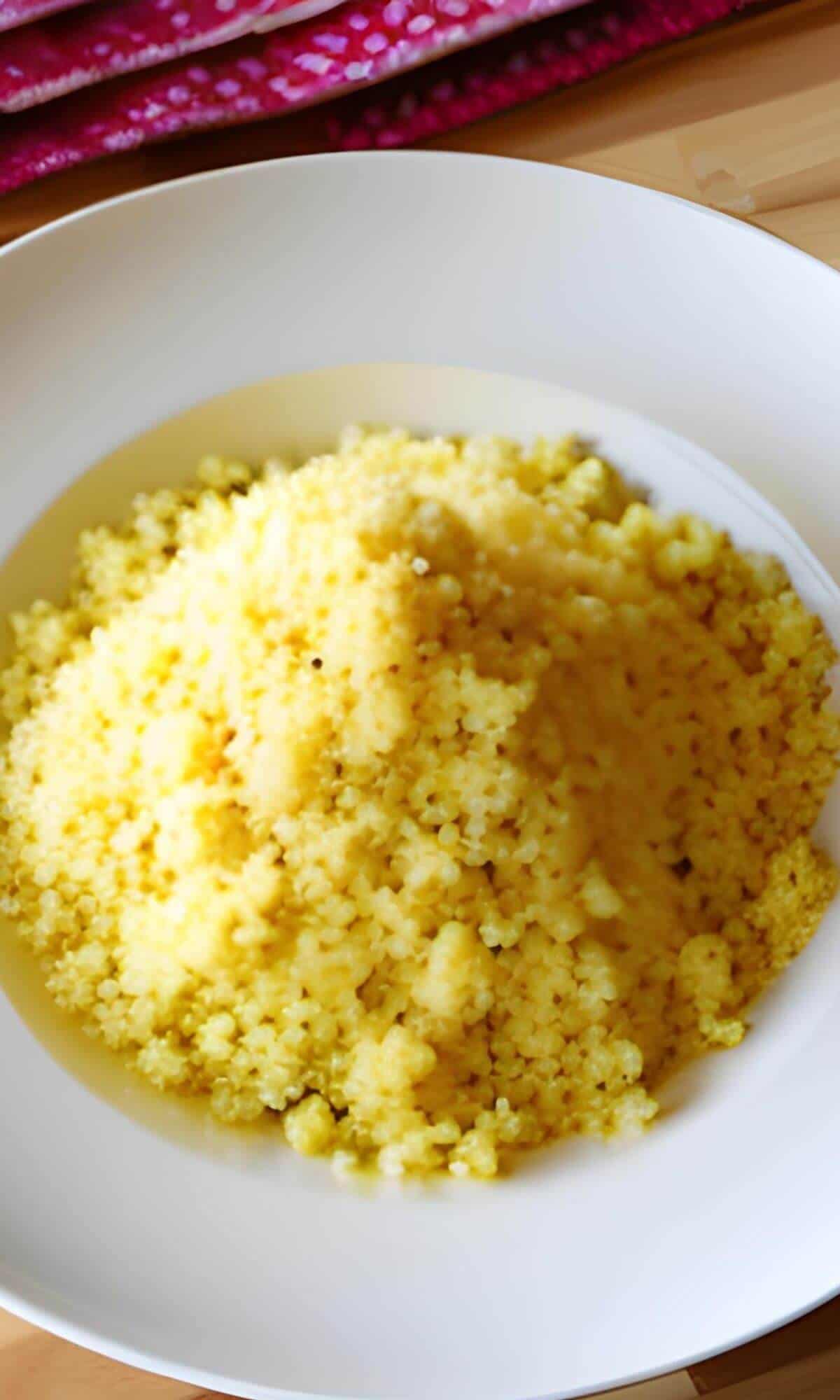
Clearspring Organic Gluten-Free Couscous
Clearspring Organic is a brand that offers gluten-free couscous made from golden-colored 100% organic Italian corn.
It has a texture and consistency similar to that of durum wheat couscous. It is easy to make and can be used in salads, stews, and more.
Goldbaum’s Israeli Style Gluten-Free Couscous
Goldbaum’s gluten-free couscous is made from tapioca starch, potato flakes, potato starch, and pasteurized egg white. xanthan gum, tumeric, and paprika. It is also dairy-free, nut-free, and kosher.
Goldbaum’s gluten-free couscous is easy to prepare and can be used in a variety of dishes.
Streit’s Gluten-Free Israeli Couscous
Streit’s gluten-free couscous is made from potato/tapioca starch, potato flakes, pasteurized egg white, xanthan gum, and spices. It can be purchased at most grocery stores, including Walmart.
Gefen Gluten-Free Israeli Pearl Couscous
Gefen gluten-free couscous is made from tapioca starch, potato flakes, potato starch, egg white, xanthan gum, and paprika. Gefen gluten-free couscous is easy to make and can be used in a variety of dishes.
Liebers Chicken Flavor Gluten-Free Couscous
Lieber’s chicken flavor gluten-free couscous is made with potato starch, potato flour, salt, potato flakes, palm oil, whole eggs, spices, sugar, carrots, parsley flakes, and turmeric.
Lieber’s gluten-free couscous is easy to prepare and can be used in salads, side dishes, and more.
There are several gluten-free couscous brands on the market that you can try. It is important to check the ingredients list and certifications before purchasing to ensure that it is safe for your dietary needs.
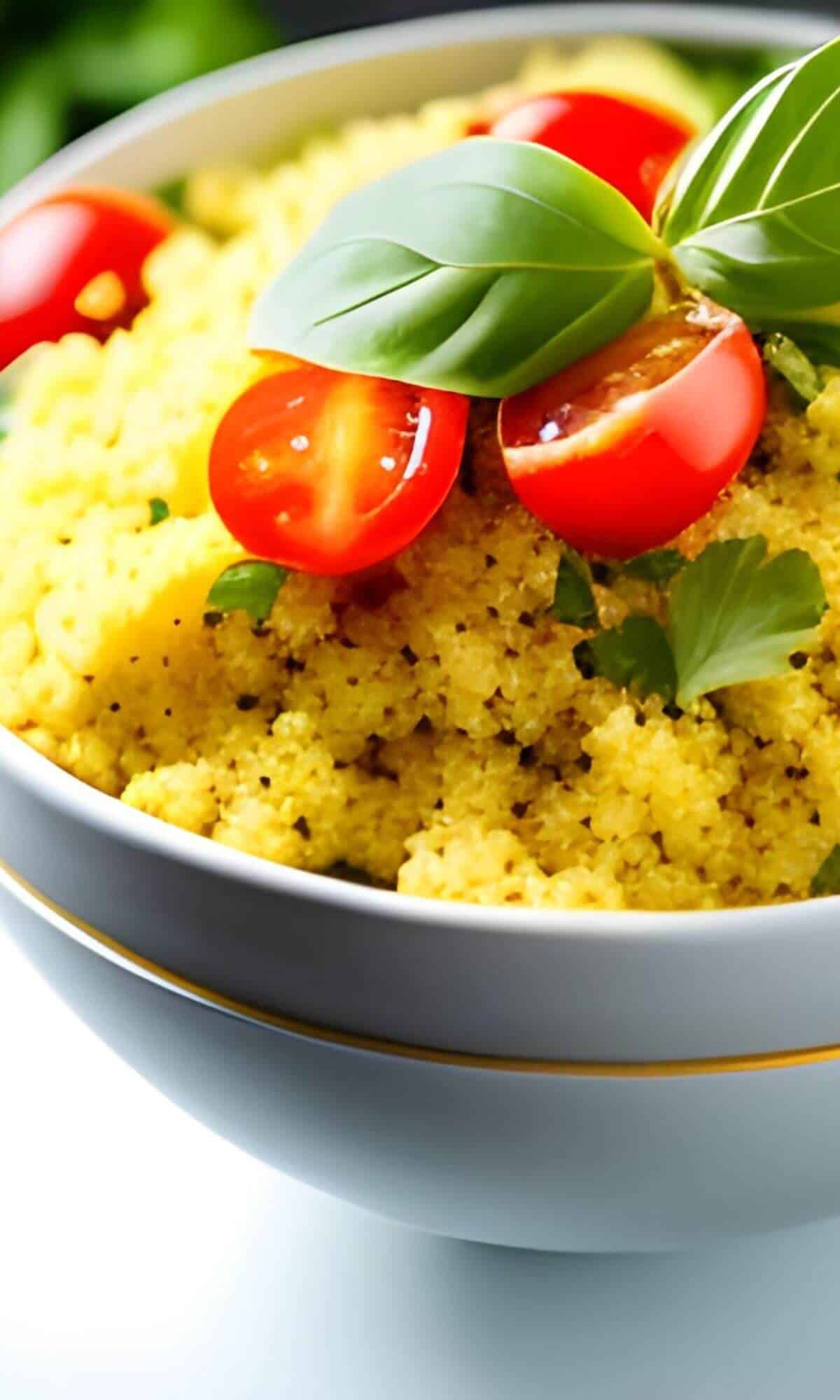
Gluten-free Couscous Substitutes
If you have a gluten intolerance or are following a gluten-free diet, you may be looking for a substitute for couscous. Fortunately, there are many gluten-free grains that can be used as a substitute for couscous. Here are a few options:
Sorghum
Sorghum is a gluten-free grain that is commonly used as a substitute for couscous. It has a similar texture and flavor to couscous, making it a great replacement.
Sorghum is also high in fiber, protein, and antioxidants, making it a healthy choice. You can find many different varieties on Amazon.
Millet
Millet is another gluten-free grain that can be used as a substitute for couscous. It has a similar texture to couscous and can be cooked in the same way.
Millet is also high in dietary fiber and micronutrients, making it a healthy choice. You can find many varieties of millet on Amazon.
Fonio
Fonio is a gluten-free grain that is similar in texture and flavor to couscous. It is a staple food in West Africa and is becoming more popular in other parts of the world.
Fonio also has moderate amounts of fiber and protein, making it a healthy choice. You can find a variety of Fonio products on Amazon.
When looking for a good gluten-free substitute for couscous, it's important to read the label carefully to make sure it doesn't contain any gluten.
Some other gluten-free grains that can be used as a substitute for couscous include quinoa, rice, and buckwheat.
Overall, there are many great gluten-free substitutes for couscous. Whether you choose sorghum, millet, fonio, or another gluten-free grain, you can enjoy a delicious and healthy alternative to traditional couscous.
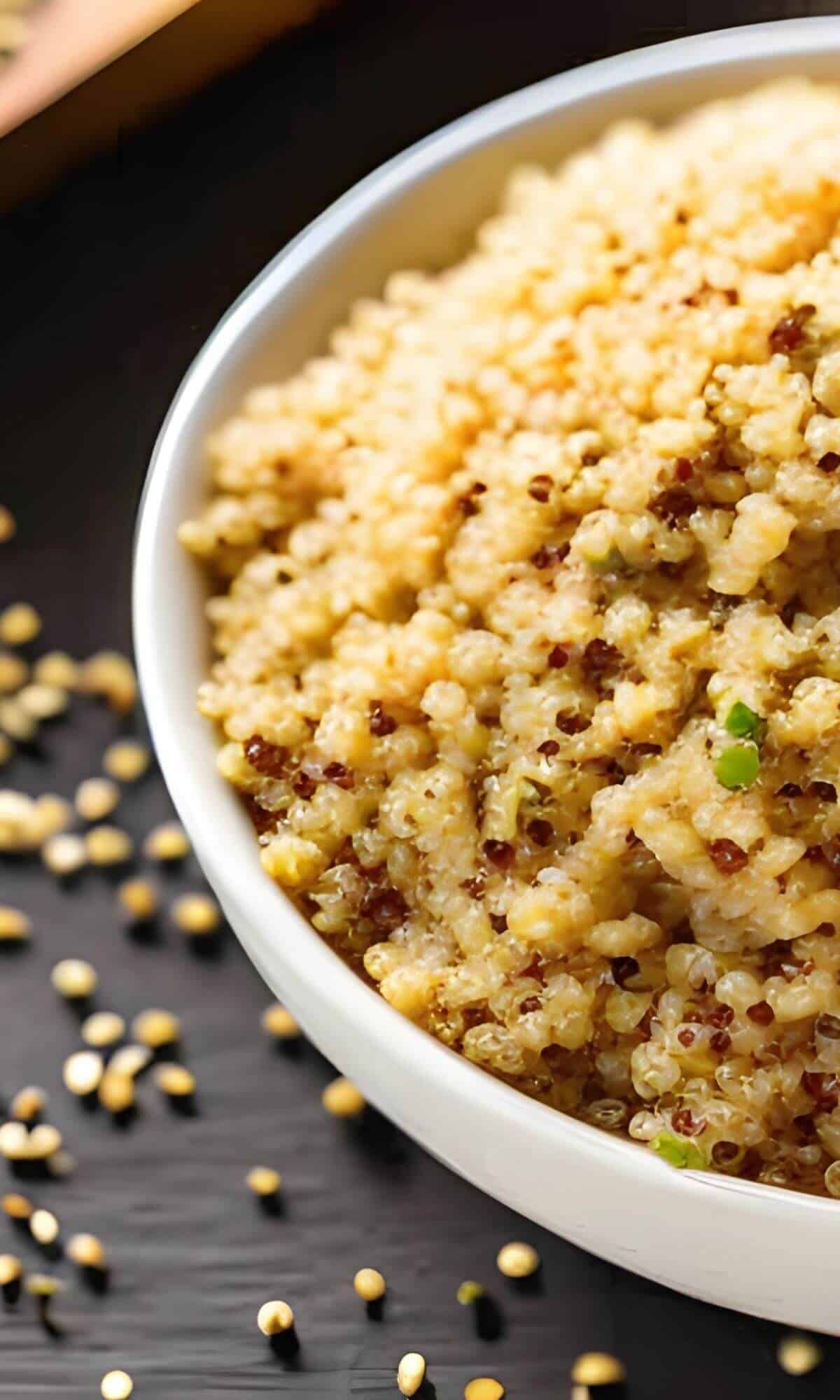
What are some gluten-free grains?
Since my family and I only eat a gluten-free diet on a regular basis, I am always on the lookout for grains that we can safely consume.
Some gluten-free grains that we enjoy include gluten-free oats, corn, flax, and more. Here is a list of a few other gluten-free grains:
- Gluten-free flours
- Hominy
- Soy
- Arrowroot
- Buckwheat
- Tapioca
- Teff
- Amaranth
Is quinoa gluten-free?
Yes, quinoa is gluten-free. It is a versatile grain that has a nutty flavor and a slightly crunchy texture.
Quinoa is high in protein and is a great source of fiber, making it a healthy addition to any meal. When purchasing quinoa, make sure to check that it is certified gluten-free.
What is the difference between couscous and quinoa?
Couscous is made from semolina, which is a granule of durum wheat and is not gluten-free. Quinoa, on the other hand, is a seed that is naturally gluten-free.
Both have a soft texture, with couscous being a bit softer. Quinoa also has a good amount of protein, fiber, folate, and vitamins.
Is rice gluten-free?
Yes, rice is gluten-free. It is a staple food in many cultures and is available in a variety of forms, including white rice, brown rice, and wild rice.
Rice is easy to digest and a good source of carbohydrates. When purchasing rice, make sure to check that it is not cross-contaminated with gluten during processing.
Overall, there are many gluten-free grains available that are delicious and nutritious. By incorporating these grains into your diet, you can enjoy a variety of flavors and textures while still following a gluten-free lifestyle.
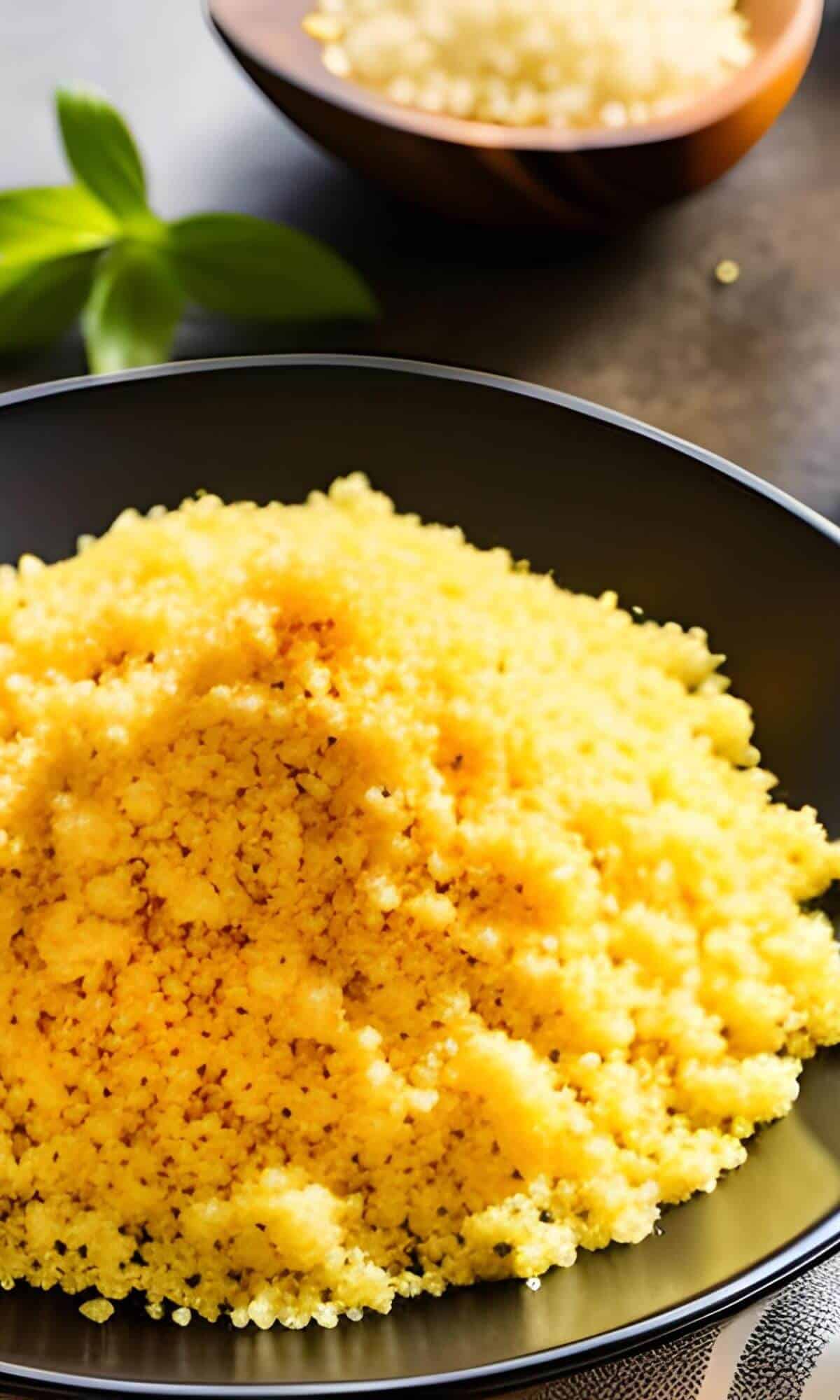
Wrapping up
Most couscous products available in stores and restaurants are made from wheat flour, which contains gluten. Therefore, people who follow a gluten-free diet should avoid consuming couscous unless it is specifically labeled as gluten-free.
However, there are some alternative options available for people who want to enjoy a similar dish without gluten. Quinoa is a great substitute for couscous and can be used in many recipes. Other gluten-free options include rice, buckwheat, and millet.
It is important to always read the labels and ingredients of any food before consuming it, especially if you have a gluten intolerance or allergy. If you are unsure whether a product is gluten-free, it is best to consult with a healthcare professional or a registered dietitian.
In summary, couscous is not gluten-free, and people who need to avoid gluten should choose alternative grains. By being mindful of the ingredients in our food, we can make informed decisions that support our health and well-being.
Before you go...
If you are new to eating a gluten-free diet, there are probably some food products that you may not realize actually contain gluten. Read these next articles to find out if some of your favorite products contain gluten or not:
- How to Reheat a Rotisserie ChickenRotisserie chicken is known for its juicy meat and crispy skin, making it a favorite for easy family meals and...
- Tips for Cooking with Coconut OilCoconut oil has become increasingly popular recently, but how do you cook with it? And is it as healthy as...
- Are Tater Tots Gluten-Free?Many of you recognize tater tots as a popular snack in the United States. However, many people who need to...
- Is Sour Cream Gluten Free?Sour cream is gluten-free, containing cream, milk, and lactic acid. Some producers add gluten via thickeners, stabilizers, flavorings, and preservatives....
- Is Gochujang Gluten Free?Not all gochujang is gluten free, but there are lots of brands that do make gluten free versions now. Traditional...



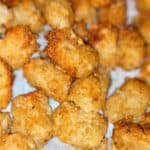
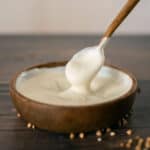

Leave a Reply